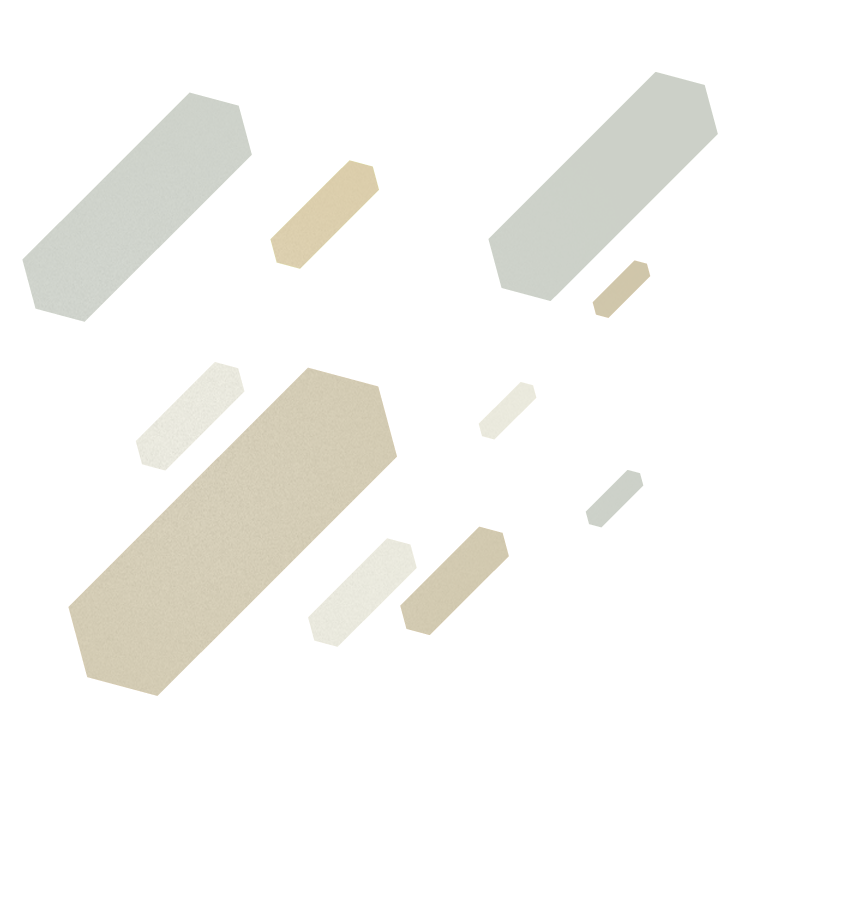


Born in 1937 in Łomża, he studied law at the Maria Skłodowska-Curie University in Lublin (1954–57). His debut as a composer at the Lublin Philharmonic (1957) convinced him to change the course of his studies: in 1958 he took up composition with Tadeusz Szeligowski at the State High School of Music in Warsaw, and after the latter’s death, with Bolesław Szabelski in the State High School of Music in Katowice. In 1966–67 he continued his studies with Nadia Boulanger in Paris.
In the 1960s, he composed intensely, looking for his own expressive style (notably introducing the so-called “centric technique”). In 1965, he won the 1st Prize at the Polish Composers’ Union Competition for Young Composers (for Parades), 2nd prize at the Artur Malawski Competition in Cracow (1976, for the String Quartet No. 1 “Alpine” which was also selected at the International Rostrum of Composers in Paris in 1981). Trigonalia was again selected at the International Rostrum of Composers in Paris in 1995 and recorded on a Polish Radio 2 CD dedicated to Bargielski’s music.
He also worked as a music critic and journalist, contributing to magazines such as “ITD”, “Literatura”, and “Kurier Polski”. He held various posts in the Polish Composers’ Union (Secretary of the Warsaw circle, Member of the Presidium of the Managing Board, of the Qualifying Committee and the Repertoire Committee). Since 1972, he has been living in Austria, where he studied at the Hochschule für Musik in Graz as well as teaching piano, composition, and music theory. In 1986 he received a German Government scholarship (to Darmstadt).
In the 1970s, 1980s and 1990s, he developed his technique, had a large number of his chamber and symphonic works performed, and received commissions from such institutions as the Polish Composers’ Union, Polish Radio, Austrian Radio, City of Graz, Friends of the Konzerthaus Society in Vienna, Alban Berg Foundation, and the Austrian Ministry of Culture.
Frequent performances, radio and CD recordings testify to the composer’s artistic development. Bargielski also writes music for films and the stage.
For his lifetime achievement, Zbigniew Bargielski has been granted the Medal of Merit to Polish Culture (1990), the Officer’s Cross of the Order of Polonia Restituta (1995), Anton Benya Preis (2000), Polish Composers’ Union Award (2001), and the Gloria Artis Gold Medal (2011).
For their performance of Bargielski’s Nocturne in Red and Blue at Warsaw Autumn in 2007, Kuba Jakowicz and the Megaron Orchestra from Athens conducted by Christopher Warren-Green received the Golden Orpheus critics’ award.
In April 2008, the Silesian Quartet recorded Bargielski’s complete string quartets, released under the CD Accord label in 2012. The recording was Critics’ Choice for February 2013 of MusicWeb International and received a nomination for the Fryderyk 2013 Award of the Polish Phonographic Academy.
Selected works (since 1995): Concertino for piano and chamber orchestra (1995), A Dance on the Edge of Light for chamber ensemble (1995), Source of Hope for alto saxophone and marimba (1995), Lost-Found for solo violin (1996), In the Search of the Lost Sound for flute (1996), Tango for chamber ensemble (1997), A Landscape of Memories (Witold Lutosławski in memoriam) for violin, cello and piano (1996), Hierophany for five percussionists (1996), à la espagnola for guitar (1996), Slapstick for chamber orchestra (1997), String Quartet No. 4 “Burning Time” (1998), Shrine for an Anonymous Victim, electronic music (1999), Light Cross, electronic music (2000), Tangoroso for piano four hands (2000), Flea Market, piano miniatures for two and four hands (version for ensemble, 2000), Towards Organic Geometry, electronic music (2001), String Quartet No. 5 “Le temps qui n’est plus” (2001), Le cristal flamboyant for harpsichord and tape (2002), Jeux à trois for three accordions (2003), Letter to Milena for soprano, violin and piano (2005), Espace attrapé for orchestra (2005), String Quartet No. 6 “Dramatic” (2006), Nocturne in Red and Blue for violin and string orchestra (2007), Concerto for Trumpet and Orchestra (2007), Beyond the Horizon, oratorio for choir and symphony orchestra (2008), Make-Believe and Strange-States for small symphony orchestra (2009), String Quartet with Flute (2009), Mystery of Space for symphony orchestra, choir and electronic tape (2010), Non omnis... for chamber ensemble (2010), Hierophany – Decoupage for percussion and chamber ensemble (2011), Das schöne Zimmer for baritone and chamber ensemble (2011), Schizophonia for string quartet and piano (2012), Concerto for Piano, Percussion and Symphony Orchestra (2012–13).




